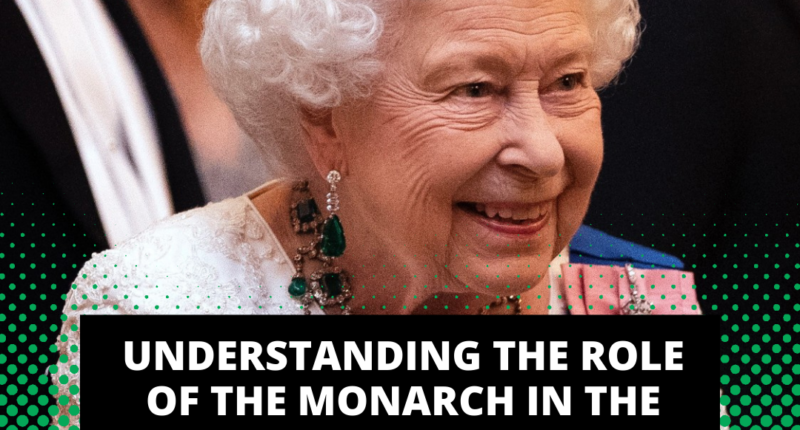The United Kingdom is one of several other countries/kingdoms that practice monarchy. Other countries that constitutionalize this system of government include Belgium, Norway, Japan, Thailand, Saudi Arabia, Qatar, and more.
In this system of government, a hereditary monarch assumes the position of the country’s head of state. The current monarch of the United Kingdom is His Majesty, King Charles III, who ascended the throne on the 8th September 2022, following the death of his mother, Queen Elizabeth II. The heir apparent to the throne is Prince William of Wales.
The Role and Authority of the Monarch of the United Kingdom
The British monarch is a ceremonial position that embodies Britain’s unity and tradition. Little wonder, the image of the monarch appears on the pound (British currency) and in government buildings. The monarch, constitutionally referred to as the “Sovereign” is also acknowledged in the British national anthem, toasts, salutations and oaths of allegiance.
Although the monarch directly has little influence on today’s governance, the country cannot ignore the significance of this role. The non-partisan functions performed by the Sovereign are limited to duties such as bestowing honors and appointing the prime minister, as seen in Liz Truss appointment. Also, the Sovereign and other members of the royal family perform official, ceremonial, and diplomatic duties.
- The formal powers of the Sovereign are nearly all delegated, either by statute or by convention, to ministers, appointed officers of the Crown and other public bodies.
- Furthermore, The King-in-Parliament, with the consent of the House of Lords and the House of Commons, performs legislative duties.
- Executive power lies within the reach of the British government, including the prime minister and her cabinet. They have control of the Armed Forces of the Crown, the Civil Service, and Crown Servants, although the monarch is the Head of the British Armed Forces. The monarch therefore receives certain foreign intelligence reports before the prime minister.
- The different judiciaries of the United Kingdom possess judicial power by constitution and statute and are independent of the Government.
- Also, the Church of England, of which the sovereign is the formal head, has its own legislative, judicial, and executive structures.
- Public bodies such as an Order-in-Council, Royal Commission or otherwise, are independent of the government and possess legal power.
Royal prerogative
The monarch acts within the bounds of convention and precedent, exercising its royal prerogatives solely on the advice of the prime minister and her cabinet. Thus, the monarch and the prime minister hold a weekly confidential meeting. Although the monarch can express his or her concerns over a matter, ultimately, the decision lies with the prime minister and his or her cabinet.
In general, royal prerogative includes the authority to “appoint and dismiss ministers, regulate the civil service, issue passports, declare war, make peace, direct the actions of the military, and negotiate and ratify treaties, alliances, and international agreements.”
Also, before the legislative Houses can pass a bill into law, the monarch must give a royal assent as a sign of his or her approval.

